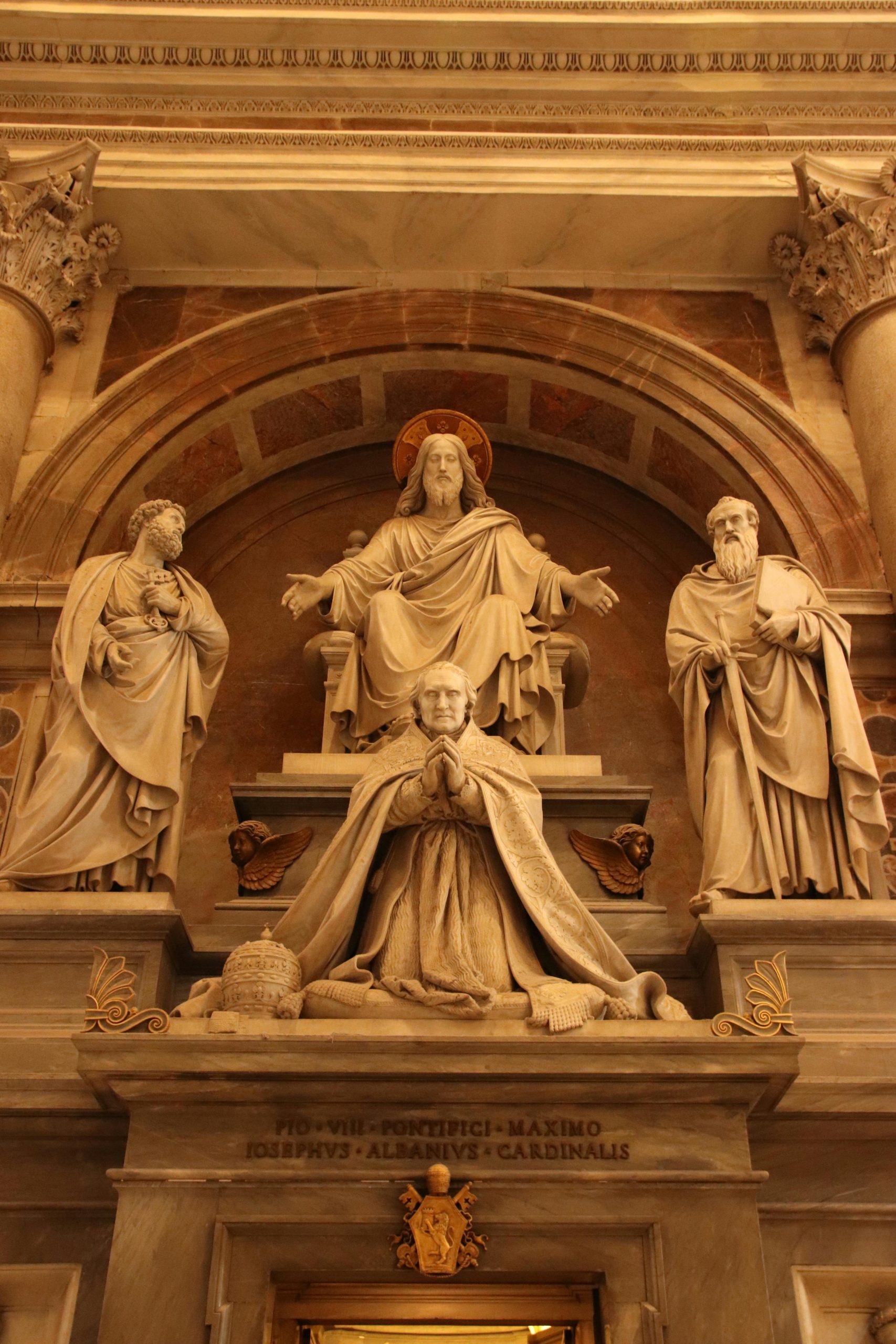Cardinal Pietro Parolin: A Symbolic Figure in Prophetic Discourse
In the complex tapestry of the Catholic Church’s hierarchy, Cardinal Pietro Parolin stands out not just as the Vatican’s Secretary of State, but as a figure steeped in profound prophetic significance. His role as a key advisor and orchestrator of the Church’s diplomacy positions him as the de facto second-in-command, reflecting a level of governance reminiscent of ancient Roman senators. However, it is primarily his name, his background, and the layered meanings attached to his potential papacy that have sparked considerable discussion within prophetic circles.
Born in Schiavon, Vicenza, Italy, Parolin carries a name that echoes the foundational figure of the Church—Pietro, or Peter. The prophetic implications of this connection become particularly compelling when one considers the prophecy attributed to St. Malachy: “In extreme persecution, the seat of the Holy Roman Church will be occupied by Peter the Roman.” Should Parolin ascend to the papacy, he would personify this prophecy in a literal sense, potentially heralding significant changes.
Parolin’s diplomatic approach may well embody the spirit of the Pax Romana, representing not only peace but also an air of stability amid turbulent times. He is a figure who evokes the importance of order and careful diplomacy, poised as a calming presence in a world fraught with strife.
Delving deeper into the Prophecy of the Popes reveals even more layers of intrigue. The prophecy indicates that the 111th pope, known as Gloria Olivae, precedes the final pope, Petrus Romanus. Most interpretations have traditionally linked Gloria Olivae to Pope Benedict XVI. However, his unprecedented resignation poses a critical challenge to this identification. For over six centuries, popes have maintained a continuous succession, thus raising the question: how can a pope who relinquishes his position fulfill a divinely-ordained role if he does not see through the divine plan? Many experts argue that Benedict’s abdication disrupts the prophetic continuity, thereby leaving the position of Gloria Olivae unoccupied.
This scenario opens the door for Pope Francis, who, while technically the 112th pope, may be viewed as the 111th in the context of prophetic interpretations. His choice to adopt the name of St. Francis of Assisi, a figure intimately connected to peace and the message of the olive branch, aligns more closely with the essence of Gloria Olivae. Francis’s papacy has



